Hairy arms only look good on men, or very masculine looking females. (to me)
A Woman Shared That Her Boyfriend Doesn’t Like Female Body Hair, and Here’s How People Responded
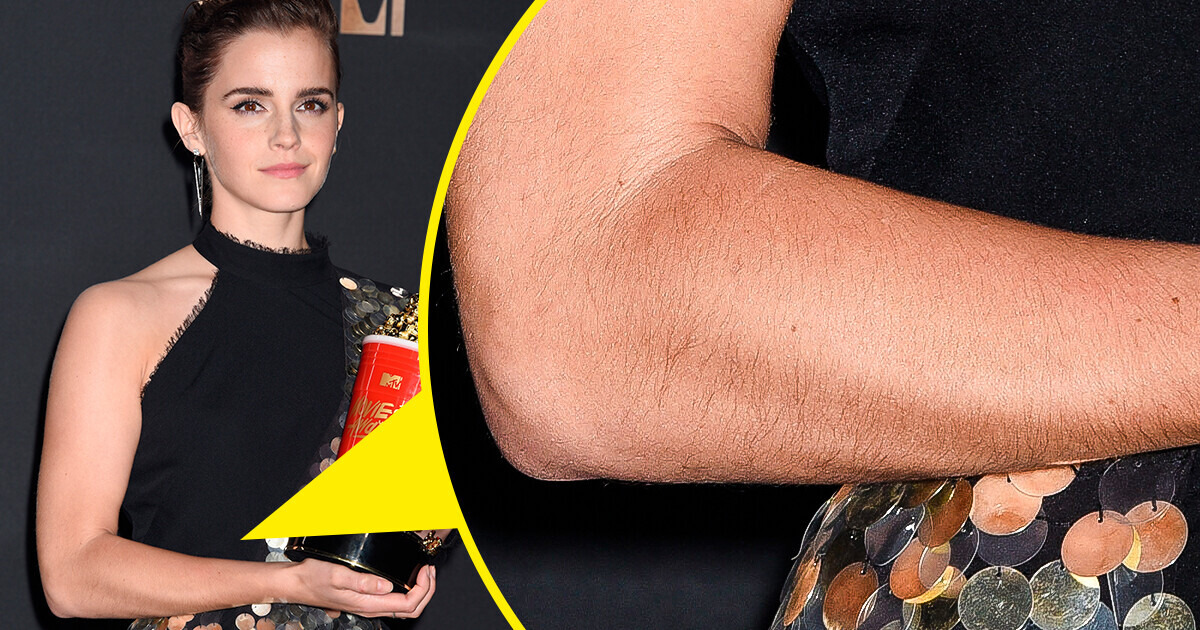
In an age where it’s normal to hold open discussions about body positivity and gender equality, it’s not uncommon for individuals in relationships to encounter disagreements about personal preferences, especially when it comes to something as personal as body hair. Recently, a woman shared her experience regarding her boyfriend’s dislike for female body hair, sparking a debate that highlights the complexities of modern relationships and societal standards. Let’s delve into this issue and explore the various responses it has generated.
What he said during a conversation
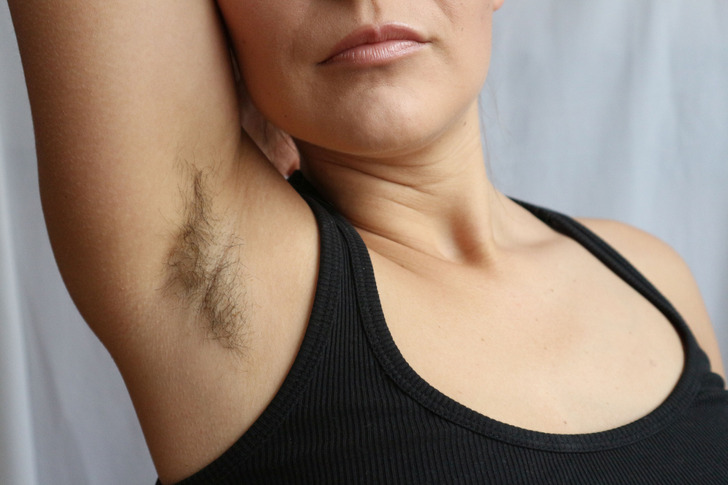
The woman, who has been dating her boyfriend for about a month, found herself in a conversation about body hair preferences. While she was aware that her boyfriend preferred shaven bodies, she was taken aback by some of the comments he made. He shared that he had once found armpit hair on a previous partner to be “rank.” This revelation left her shocked and disgusted, leading to a heated discussion.
“He told me that a previous girl he had been seeing had a little bit of armpit hair and that he had seen it and thought it was ‘rank.’ This actually made me physically sick, and I was lost for words.”
The woman wasn’t sure if she should continue dating her boyfriend after the conversation.
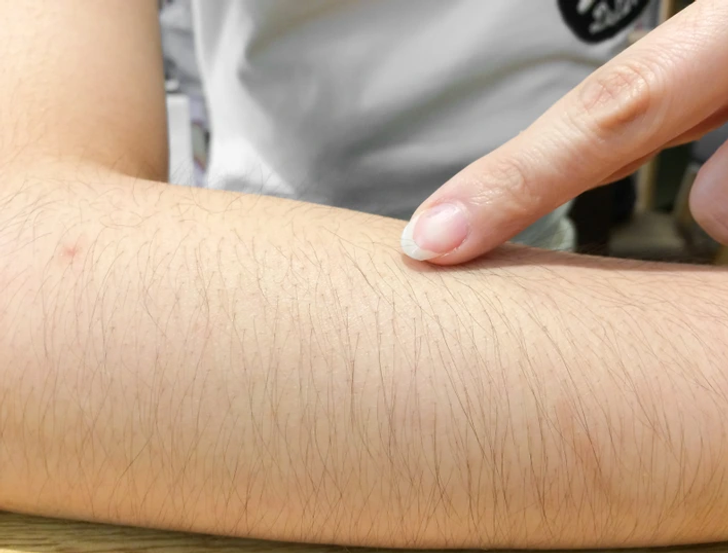
She attempted to explain that body hair is natural, and society’s beauty standards have pressured women to shave in an attempt to fit a certain mold of “femininity.” She argued that women shouldn’t have to conform to these standards to be seen as attractive or feminine. However, her boyfriend refused to accept this perspective and accused her of imposing “feminist views” on him. He went on to claim that body hair, particularly in the genital area, was unhygienic and should be removed.
“I tried explaining to him that these are our natural bodies and that society has pressured girls to shave to fit the beauty standard and more importantly to appear more ‘feminine and innocent’ to men.”
After this conversation, the woman started to struggle and asked herself if she should break up with her boyfriend.
People had strong reactions to the post.
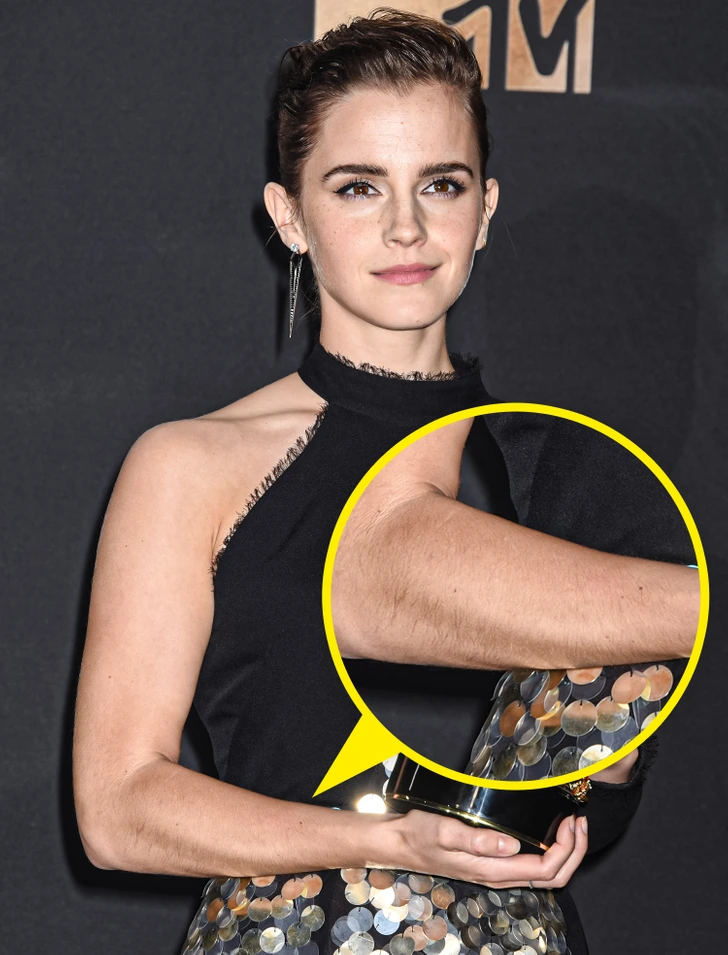
Here are other people’s comments and opinions about the situation:
- “How is it unhygienic for you to have body hair but not him? Last I checked we’re all gross stinky animals, he has no room to talk.”
- “Please don’t try, you’re only harming yourself. He is a giant walking red flag, and you are lucky he is so open about this only a month into the relationship. It’s not a waste though, this relationship provided you with experience and is teaching you what your boundaries, values, and morals are, and now when you find yourself in a new relationship in the future you will never settle for less.”
- “I was gonna say it sounds like OP’s ’preference’ should be for a partner with a realistic understanding of bodies and other people vs whatever messed up fantasy they have concocted.”
The majority of the comments focused on the need to abandon double standards and emphasized that hygiene standards should be consistent for all genders.
Here’s what research says about female body hair.
The results of one study showed that only 2 out of 678 women reported never removing any body hair. This suggests that future researchers should take into account the variations in social expectations surrounding routine depilation.
These findings shed light on the labor of femininity, placing women in a double bind: they are often trivialized for taking these practices seriously or labeled as feminine failures for not doing so. By refusing to trivialize women’s beauty practices, we challenge the narrow definition of acceptable feminine embodiment, which perpetuates the idea that a woman’s body is unacceptable when left unaltered, even at the most mundane level.
Personal preferences are a matter of individual choice, and they should be made free from societal pressures. Whether it’s the way you style your hair or the clothes you wear, embracing your unique taste without external influence allows you to authentically express yourself.
Comments
Related Reads
I Refused to Let a Family Tragedy Ruin My Wedding Day

18 People That Were Happy to Find Things Somebody Else Had Gotten Rid Of

13 Pictures From an Artist Who Destroys Stereotypes About Women

“1000-lb Sisters” Star Stuns in a Swimsuit After Dramatic Transformation and Looks Unrecognizable
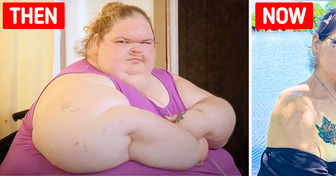
Tom Hanks Debuts New Look and Stirs Online Debate, “Looking Really Old”
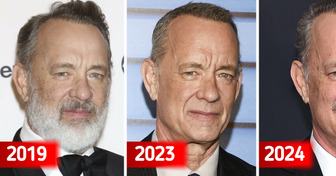
Ryan Gosling’s Face is “Ruined” By Fillers According to Shocked Fans
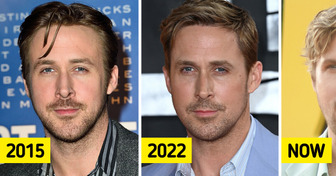
I Got Fired for Refusing to Let My Boss Humiliate Me in Front of Everyone

I Refuse to Care for My Daughter’s Baby, I’m Not a Free Childcare Center

14 People Who Just Went With the Flow and Ended Up With a Story Worth Telling

I Refuse to Babysit My Stepson Just Because I Work From Home

15 Stories That Prove Some People Live in a World With Totally Different Logic

16 Stories That Prove a Dad’s Love Is the Most Powerful Magic in the World

